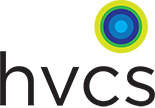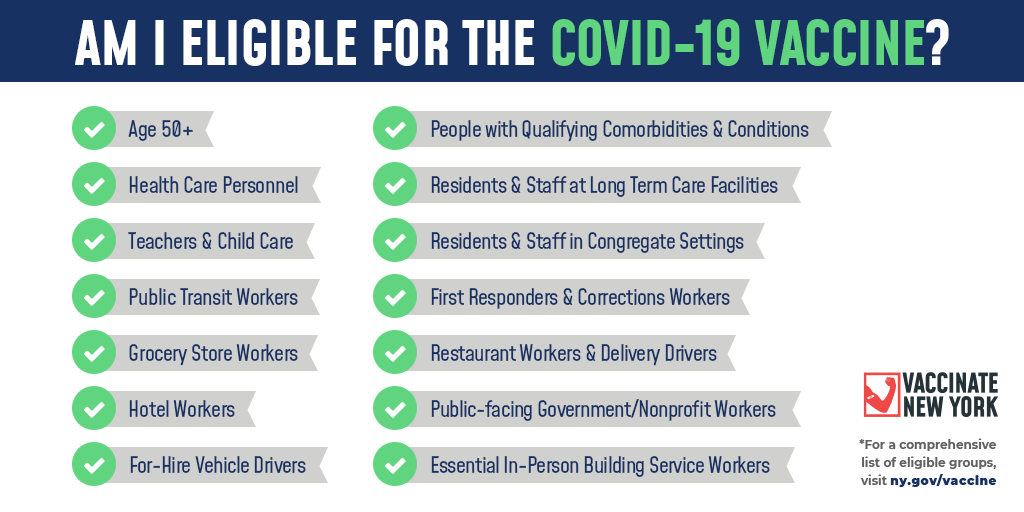As of April 27, 2021, CDC updated its Guiding Principles for Fully Vaccinated People, including the use of masks in outdoor settings. People are considered fully vaccinated if they are two or more weeks past their two-shot vaccine (Moderna or Pfizer) or their one-shot vaccine (Johnson & Johnson).
According to the CDC: “Fully vaccinated people no longer need to wear a mask outdoors, except in certain crowded settings and venues.”
Key points of the updated guidelines are:
Outdoor visits and activities pose minimal risk to fully vaccinated people themselves or to those around them.
Small, private gatherings and visits to public indoor spaces likely represent minimal risk to fully vaccinated people. Therefore, the level of precautions taken should be determined by the characteristics of the unvaccinated people present, who remain unprotected against COVID-19.
Although the risk of COVID-19 infection may be minimal to the fully vaccinated person themselves, vaccinated persons should be mindful of the very low potential risk of transmitting the virus to others if they become infected, especially if they are visiting with unvaccinated people at increased risk for severe illness from COVID-19 or visiting with unvaccinated people who have people at increased risk for severe disease in their own households.
In indoor public spaces, the vaccination status of other people or whether they are at increased risk for severe COVID-19 is likely unknown. Therefore, fully vaccinated people should continue to wear a well-fitted mask, cover coughs and sneezes, wash hands often, and following any applicable workplace or school guidance.
Fully vaccinated people should not visit or attend a gathering or visit public settings if they have tested positive for COVID-19 in the prior 10 days or are experiencing COVID-19 symptoms, regardless of vaccination status of the other people at the gathering.
Fully vaccinated people should continue to follow any applicable state, local, tribal or territorial laws, rules, and regulations.
Although the risk of COVID-19 infection among fully vaccinated people is likely low, the following could increase risk:
- A moderate, substantial, or high level of community transmission
- Settings with a higher percentage of unvaccinated people (including children) present or people at risk of severe COVID-19 disease
- Visits to indoor settings especially with poor ventilation
- The length of the visit, especially if indoors
- Crowding or when there is a decreased ability to maintain physical distance
- Activities that involve behaviors such as singing, shouting, physical exertion or heavy breathing, inability to wear a mask, or inability to maintain physical distancing
We will provide more information as it becomes available. For specific questions regarding your health and vaccine safety, please contact your health care provider (and if you need one of those, talk to us, or give Cornerstone Family Healthcare a call). Plus, get more COVID-19 info here.





